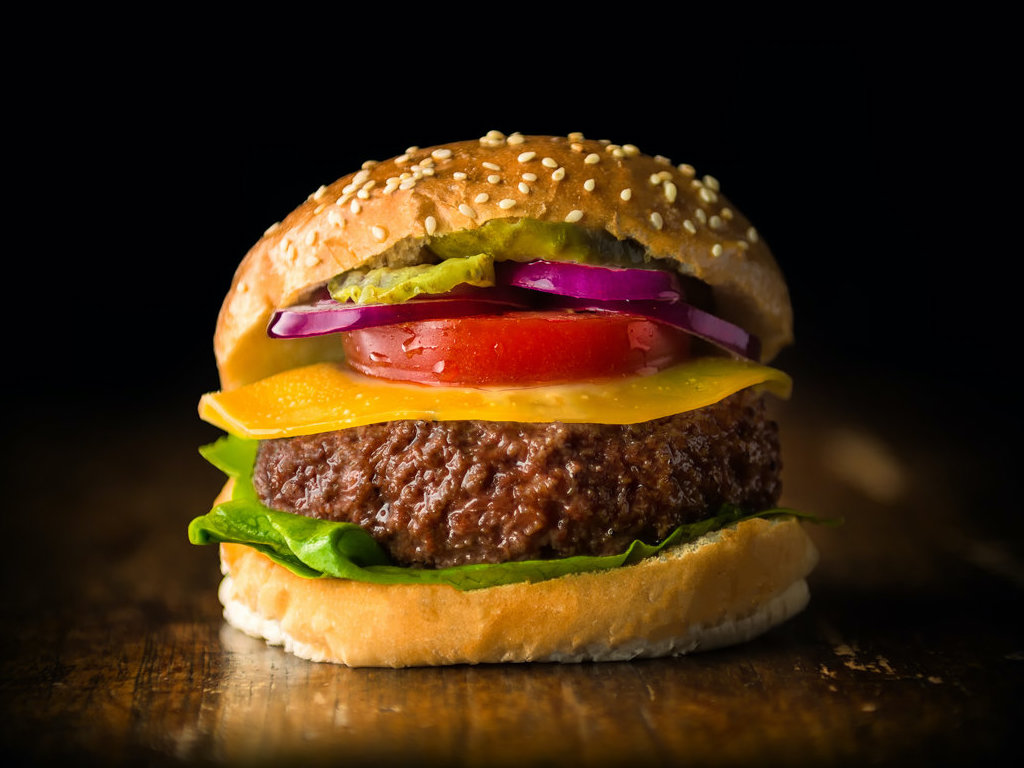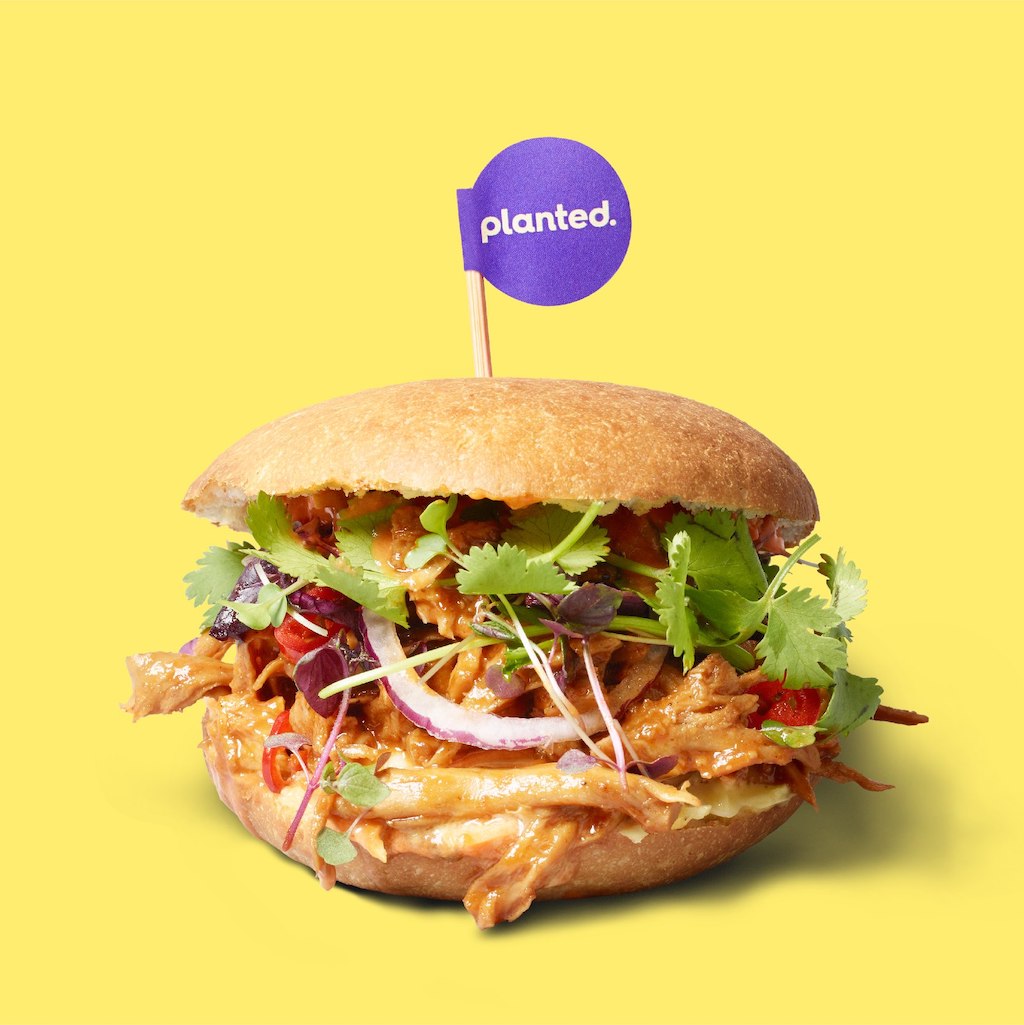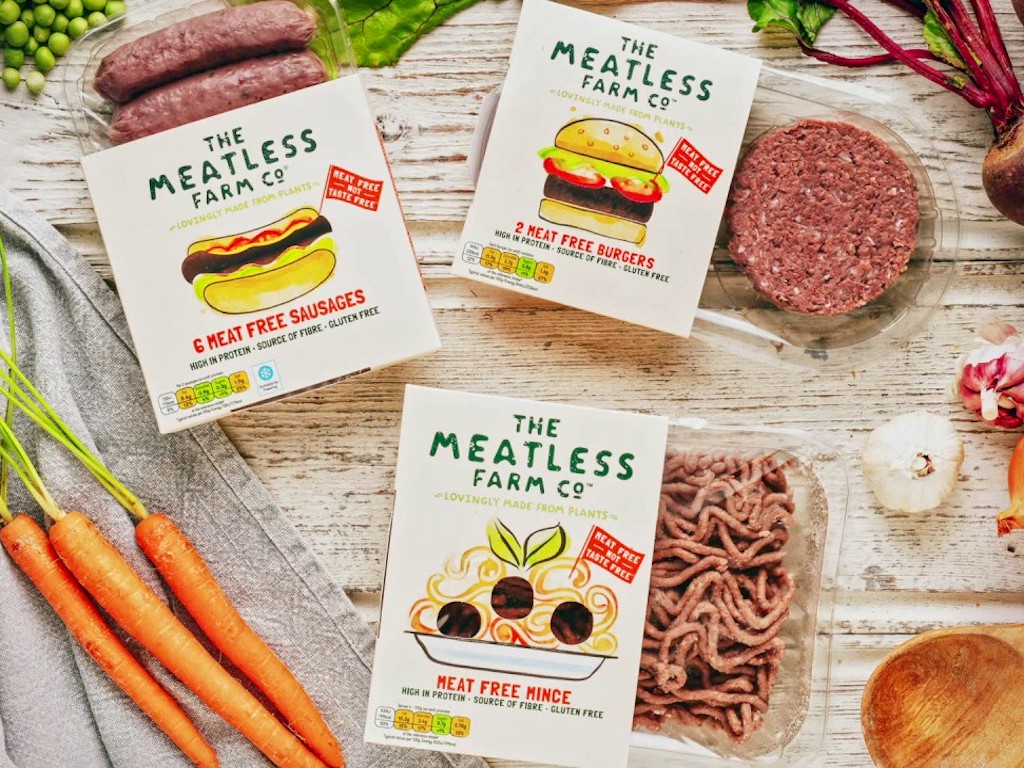4 Mins Read
Paris-based food tech insights and consultancy firm DigitalFoodLab released a report yesterday (April 7) on the state of the European food tech ecosystem, examining the latest investment figures, key innovation hubs in the region and trends to look out for in the future. Compiled with the support of Google Cloud and Nestlé, the research revealed the landmark year 2020 represented for alternative protein food tech startups in Europe, with capital flowing into the sector growing by triple digits. In this interview, we speak to DigitalFoodLab co-founder and industry expert Matthieu Vincent about the key findings in the analysis, trend highlights, regional differences and forecasts.
GQ: Why was there a surge in alternative protein investment in Europe?
MV: First, this surge was driven by a limited number of startups such as Oatly (US$200M raised), Mosa Meat or The Meatless Farm, so we have to wait for 2021’s data to confirm this trend. However, the early Q1 data show that investment is still significant and that it was not just a blip.
For me, this surge is really another example of the delay that can be observed between what happens in the U.S. and Europe. Startup creation and investments in alternative proteins, as in many other subcategories of the FoodTech ecosystem often have a 2 to 4 years delay between there and here. Additionally, COVID has somewhat helped to confirm both the need for a more resilient food system and the desire for alternative proteins from consumers.

GQ: What areas of Europe show the most promise in terms of alternative protein?
MV: In terms of alternative proteins I would consider the Nordics and the U.K. for plant-based (with many interesting startups notably around alternative to fish or dairy), and the Netherlands for more “futuristic” alternative proteins (cellular agriculture with Mosa Meat, Meatable and Fermentation with the Protein Brewery).
GQ: Who do you think will become the next Oatly?
Depending on the technology we talk about, I would bet on four startups, all outside the hubs I mentioned – which illustrates the fact that there is no definitive hub in Europe. Planted (Swiss) and Vly (German) for plant-based meat and dairy, Solar Foods (Finnish) for the conversion of CO2 in protein and Gourmey (French) for cellular agriculture.

GQ: What are some key alternative protein product/sector trends that you identify in Europe?
MV: As the continent is diverse, we have the chance that all trends are represented in Europe. In the short term, I think we will hear a lot more about plant-based in Europe. We still don’t have access to many plant-based meat, fish or dairy products here and that may change when the pandemic eases.
Additionally, even if it is less talked about globally, European startups are really strong in insects (Ynsec, InnovaFeed notably) and they are pushing toward human foods. As for cellular agriculture, we will have to see how this is accepted by the local consumers, which are very diverse.
GQ: What are some key challenges in food tech for the continent going forward?
MV: When we look at the data of other food tech ecosystems and the specifics of Europe, we see three big challenges that have to be solved one after the other.

First, European startups (others that restaurant delivery startups) have to create a path toward internationalisation inside Europe. That will be key to the growth of grocery delivery, cloud kitchens, alternative proteins startups. It will also help them to fight on a global stage.
Second, the ecosystem has yet to become really attractive to external investors to grow faster and also attract more talent (the arrival of a player such as Big Idea Ventures in Europe is a sign that things are moving in the right direction).
Third, corporations have to collaborate more with the local ecosystem and have to understand the importance of stimulating the growth of an active ecosystem of startups near their headquarters (compared to investments made in the U.S. or Asia).
Lead image courtesy of Matthieu Vincent.




